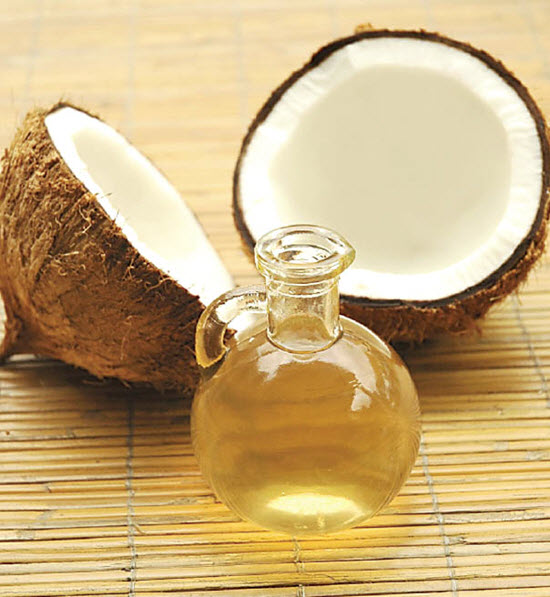
By Joan Kent -
As you”™ve no doubt heard, saturated fats are no longer considered the health problem they once were. It turns out that the connection between saturated fats and heart disease, cholesterol, and atherosclerosis is far weaker than we thought.
These days, everyone is pointing to sugar, and blaming sugar for the very health issues that used to be blamed on fats — the diseases above, as well as hypertension and more. Those health conditions have more to do with inflammation. And sugar and other highly insulin-triggering carbs promote greater inflammation than sat fat.
No argument from me, of course. I”™ve been blaming sugar for those conditions for over 20 years and have written a number of posts on those very subjects.
The main difference lies in the huge number of arguments I used to get, compared with how few I hear now. In 1996, for example, I recall participating in what I was told would be a “panel discussion.” (I was lied to about the format. It turned out to be a debate, and I was up first so the other speaker could have the last word. Ah, memories!) Anyway, the other speaker stood up at one point, held out his arms like an orator and intoned in his deepest horror-movie voice, “FATS ARE BAD!”
In the years since, I”™ve sometimes wondered if taking such a hard line on a now-disproven point ever made him feel as ridiculous as he looked and sounded with his arms waving as he channeled Vincent Price. But I digress.
Currently, we know that unsaturated fats are associated with numerous health benefits. Omega-3s (polyunsaturates) are known for their anti-inflammatory properties. They”™re cited for their ability to reduce the risk of cancer, the complications of diabetes, and the incidence of depression, bipolar disorder, dementia, and more. Omega-9s (monounsaturates) have long been credited with the ability to prevent and even reverse various heart disease risk factors.
Even saturated fats have their benefits. Butter and raw, organic coconut oil both contain lauric acid. Lauric acid has been shown to benefit hair and skin, and to have antiviral, antifungal and antibacterial effects. When it turns to ketone bodies, lauric acid can reduce epileptic seizures in children and improve brain function in Alzheimer”™s patients.
There”™s an interesting health point, though, that”™s less widely known and differentiates saturated and unsaturated fats. Saturated fats have been shown to contribute to weight gain to a greater degree than unsaturated fats.
If weight management were always “calories in / calories out,” that couldn”™t be so. All fats provide 9 calories per gram. But this has to do with hormones. Sat fats trigger insulin secretion, and unsaturated fats do not. Insulin is a fat storage hormone. Also, a combination of saturated fat and insulin-triggering carbs will promote a synergistic boost in insulin that neither would generate alone.
Yet to further complicate the issue, coconut oil appears to be associated with weight loss.
So what recommendations can we take from all of this? Well, nothing earth-shattering. If you eat saturated fats, eat the better kinds — organic coconut oil and butter, rather than bacon or battered, deep-fried foods. Let”™s continue to go easy on the traditionally bad sat fats and the foods that contain them.
When I was a kid, every baked potato I ate was as bright yellow as a rain slicker because of all the butter I insisted on glopping on it. Sure, it might be less likely to give me heart disease than we used to be told, but it”™s obvious that restraint and moderation might still be a good idea. And I don”™t know about you, but the older I get, the more my hips and thighs demand that….
- New Year’s Resolutions: A Sugar Addict’s Survival Guide - April 15, 2024
- Motivation vs. Enthusiasm - October 12, 2023
- Why Exercise Shouldn’t Be Just One Thing - November 9, 2022

Joan I second your comment about coconut oil. If you want to make the best rice you’ve ever cooked, saute the dry rice in a teaspoon of coconut oil, before adding the water. I learned that at a resort in Jamaica where I had the most delicious white rice ever.